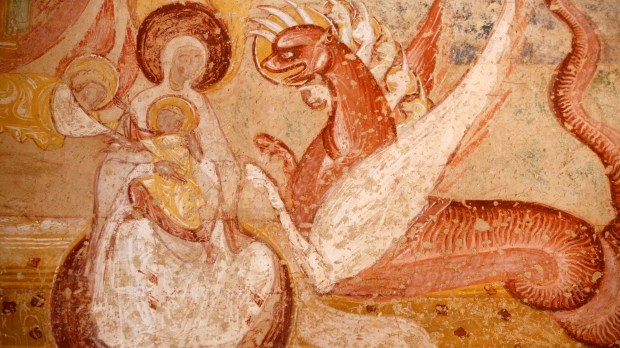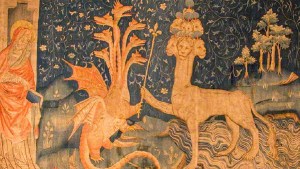Lenten Campaign 2025
This content is free of charge, as are all our articles.
Support us with a donation that is tax-deductible and enable us to continue to reach millions of readers.
Evángelos Odysséas Papathanassíou, professionally known as Vangelis, died on May 17. He was a musician, composer, and producer of classical, electronic, progressive, and ambient music. Born in Agria (Greece), he was best known for composing the soundtrack to Chariots of Fire in 1981. Although the film is set in the 1920s, Vangelis’ Academy Award-winning original soundtrack uses electronic sounds, thus departing from typical orchestral instrumentals.
But one of his most impressive works was recorded earlier: the conceptual double album 666, subtitled The Apocalypse of John, 13/18, in which he adapted a collection of biblical passages from the Book of Revelation.
The album was released in June 1972, when Vangelis was still a member of the Greek progressive rock band Aphrodite’s Child, alongside the acclaimed singer Demis Roussos. 666, the third and final studio album the band ever recorded, was soon recognized as a progressive-psychedelic rock classic.
Vangelis and film director Costas Ferris (famous for his awarded film Rembetiko) worked together in the concept of the album, a sui-generis interpretation of the Book of Revelation in which, according to Henk Engelen, a circus show based on the apocalypse performs for an audience while the real apocalypse takes place outside the tent, the two merging into one at the end. The concept intends to show how the biblical text can reverberate on a personal and collective level, as if revealing and illuminating the apocalyptic tensions inherent in our individual and social lives.
The album was finished in 1970, but the record distributor refused to release it, arguing it was “uncommercial material.” A year later, in 1971, the band organized an anniversary party to protest. According to Costas Ferris’ own testimony, the Spanish surrealist artist Salvador Dalí attended the party, listened to the album, and was so impressed by it that he compared it to Gaudí’s Sagrada Familia, even planning to release the album in Barcelona –something that never happened.
You can listen to one of the album’s tracks, The Four Horsemen, in the video below.


